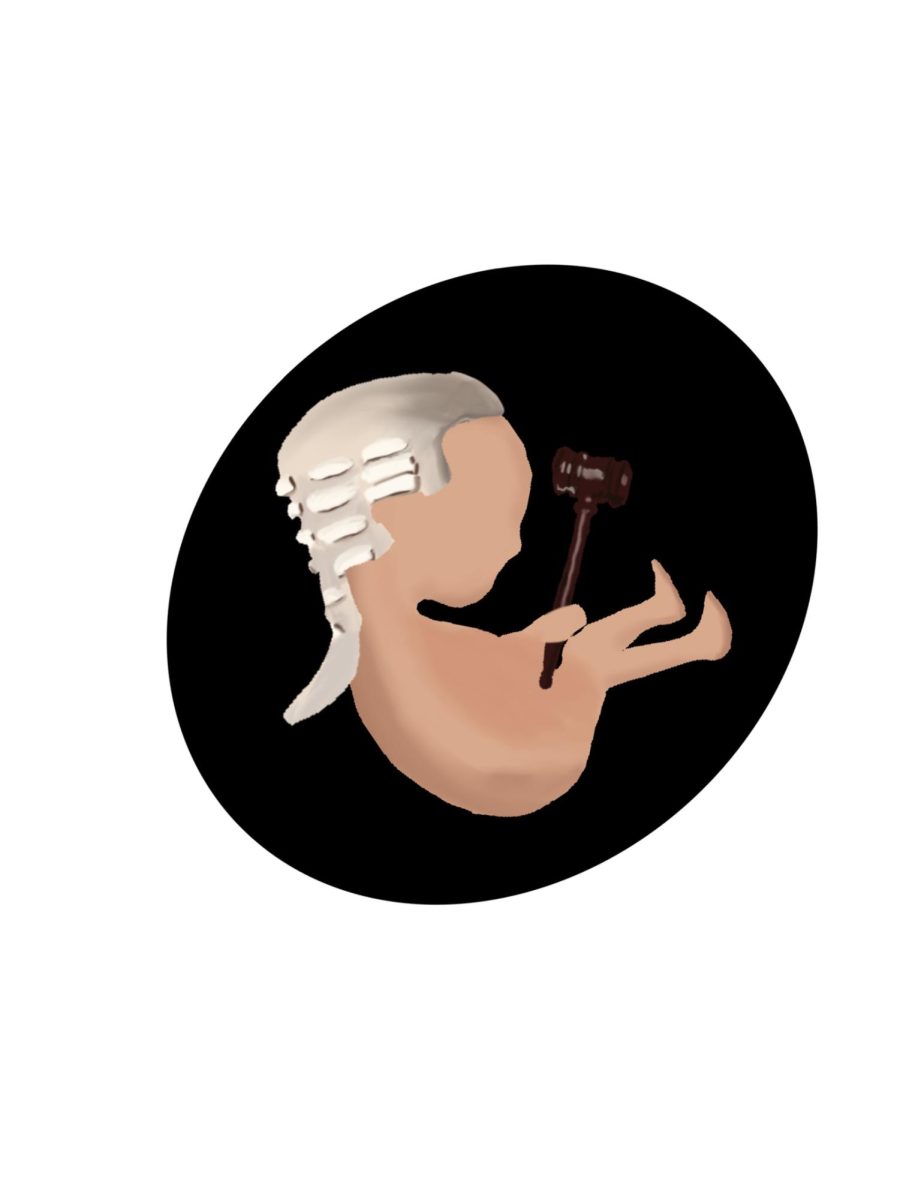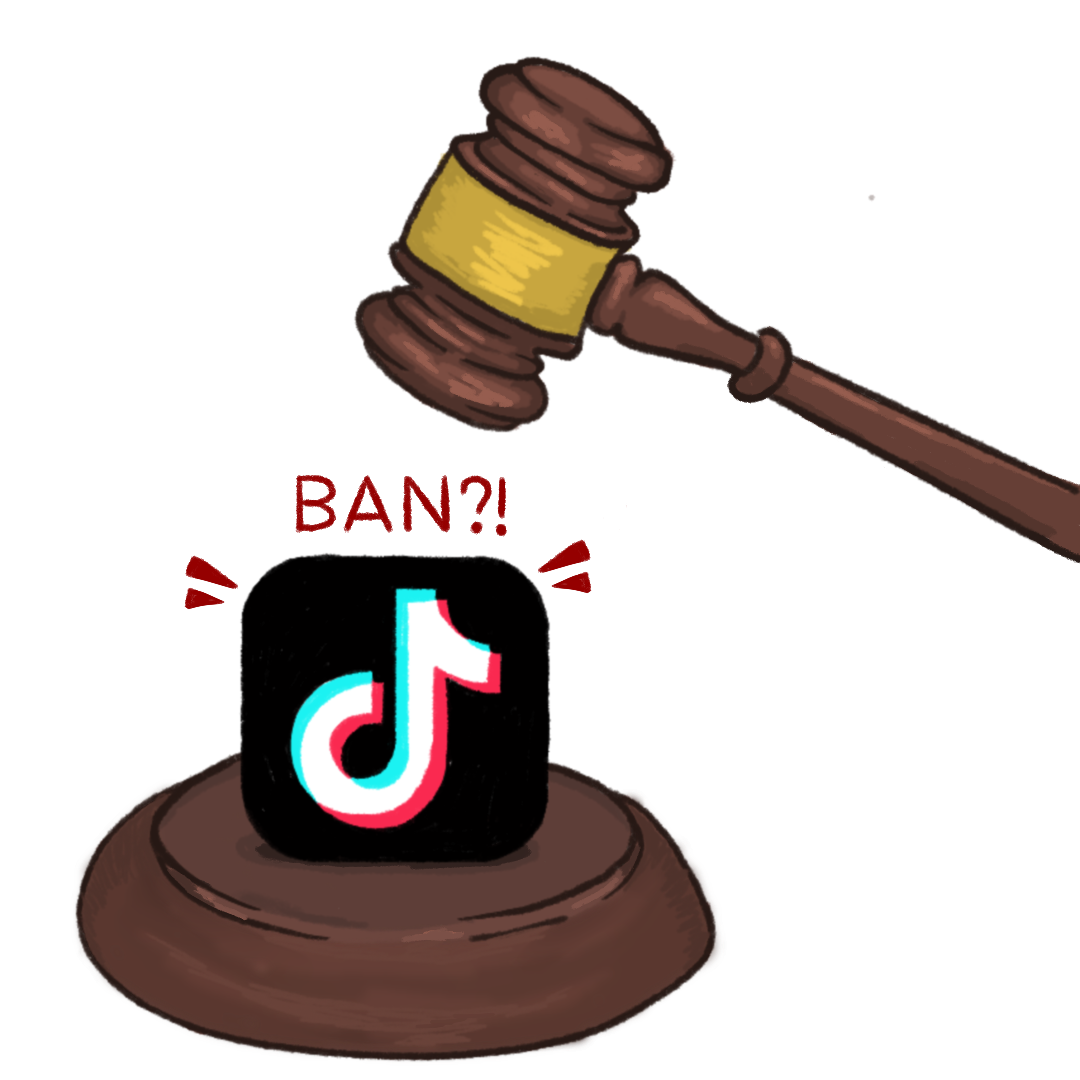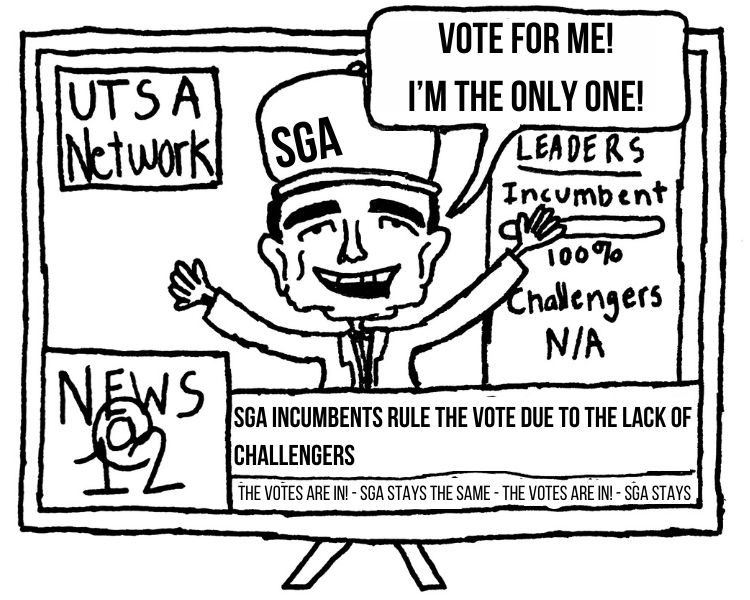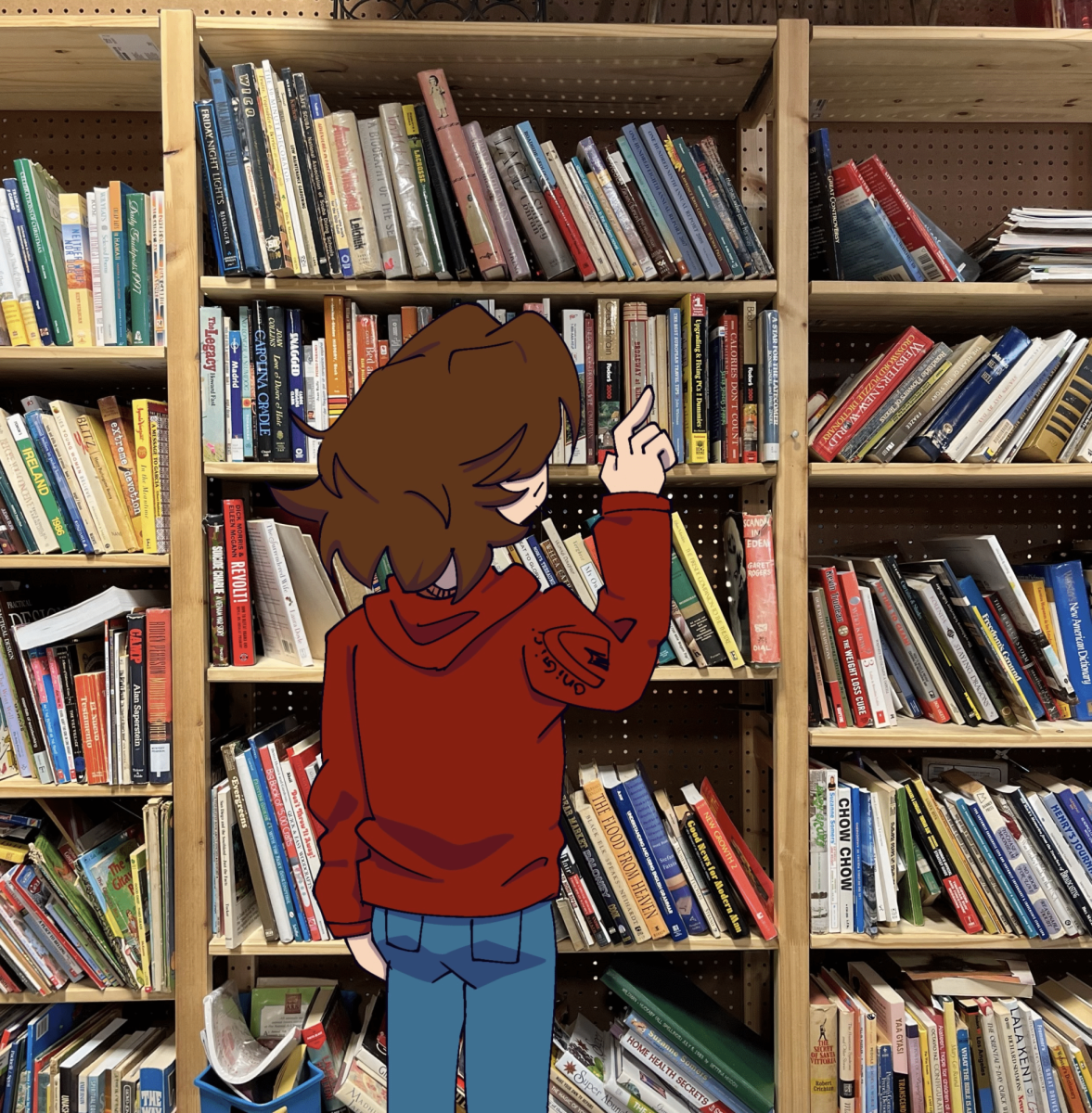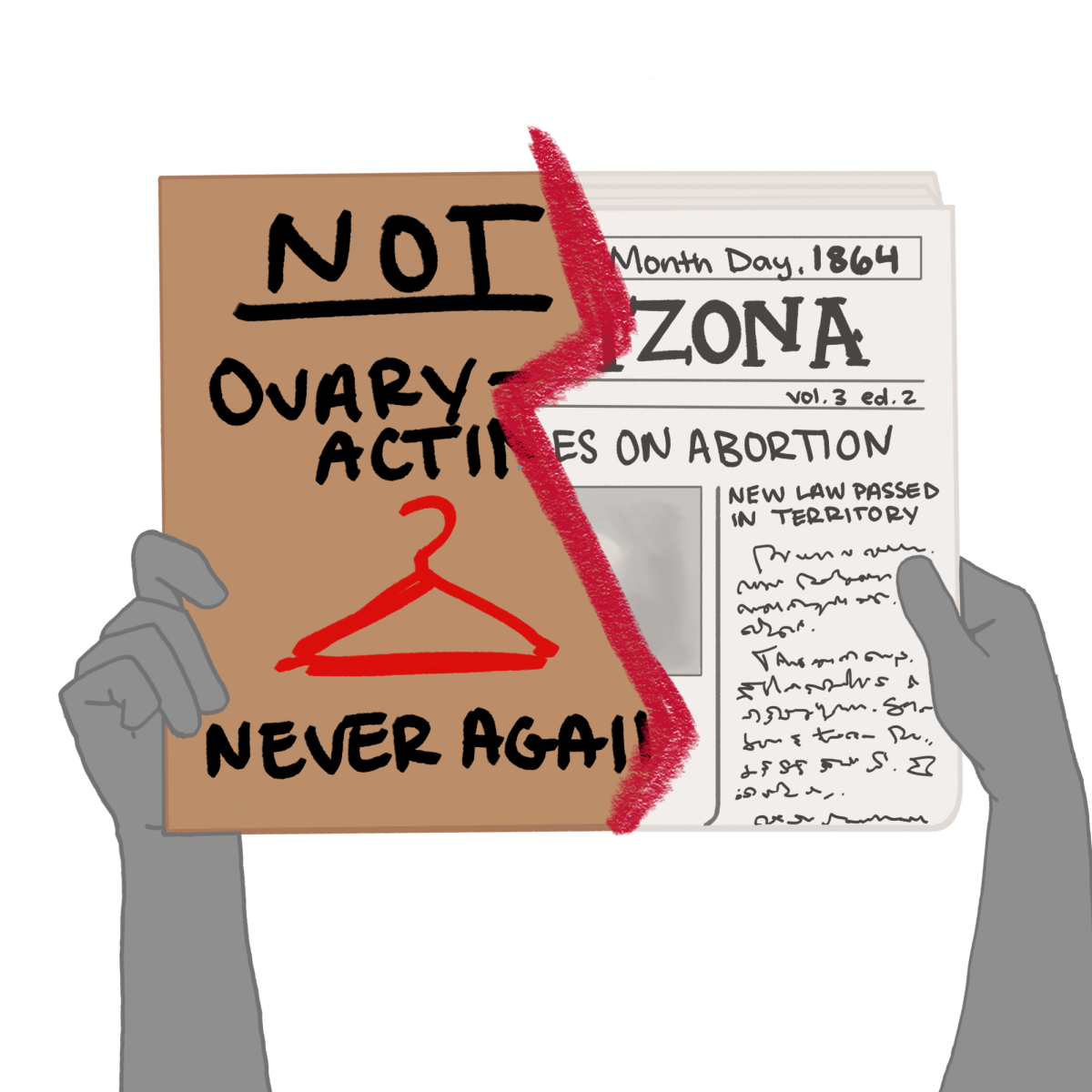Books are works of art; worlds awaiting exploration and lessons waiting to be taught. They are non-toxic chemicals that need to be kept out of hands reach. This week, Sept. 27 to Oct. 4, we celebrate Banned Books Awareness Week.
In 2014, NBC New York ran a story about a request made to the Toronto Public Library to ban “Hop on Pop” by Dr. Seuss which is about two children who hop on their father’s back. The book ends in warning, cautioning kids against doing the same. According to the American Libraries Direct, the point of contention was that the book advocated violence in children against their fathers, and the petition even asked for the publication to apologize. In censoring literature, we deprive minds of learning the lesson at the end of the tale.
At a certain point, censorship can become excessive. While it makes sense for parents or schools to choose reading material appropriate for age groups, maybe they should only censore the equivalent of R-rated movies with excessive obscenities and lewdness.
In May of this year, a group of parents in Idaho asked to have John Steinbeck’s “Of Mice and Men” removed from their children’s high school classrooms. As reported by the Los Angeles Times, some of the claims had to do with coarse language in the novel while others complained that the work was “negative” and “dark.” The subject matter isn’t light, but it does not take away from the connection it can make with a reader or with the food for thought it leaves behind.
Like these two books, many other works of fiction have lessons waiting either at the end or ingrained in the storyline. It’s not fair to toss these lessons aside because the novel strikes a nerve. Every person is able to choose whether to read or not each book. The fact that one or two parents do not wish their children read a specific book should not go on to affect a whole class or school, just like the decision of a single individual should not affect the literary freedom of a whole town.
Works of fiction inspire change and innovation. A single sentence can remain with a reader for the rest of his or her life and be the force behind his or her work or life philosophy. Much like a person can touch someone’s life, so can the right book. Allowing children and young adults to read fiction of their choosing can lead to great things. The more that younger generations read, the better writers they will become, the more they will understand the world around them. Reading creative writing can inspire young members of society to join conversations and to discover and create.
We are lucky to live in a society where, despite books being labeled as “challenged” or “banned,” we can still manage to get our hands on them if we try. There is no legal prohibition or burning of books, the works are there for those who are interested.
The goal should be to embrace literary freedom, realize that a book can be a useful tool and stop adding to the growing list of “challenged” and “banned” titles. A book doesn’t have to be a wrecking ball, it can act as bricks and cement too.










